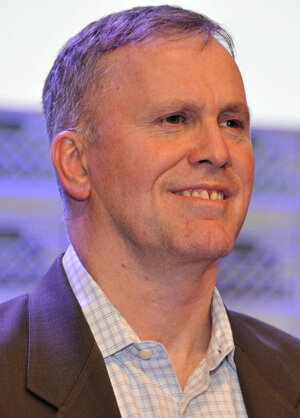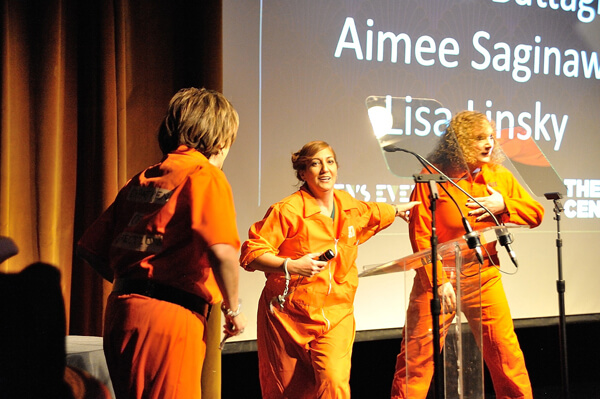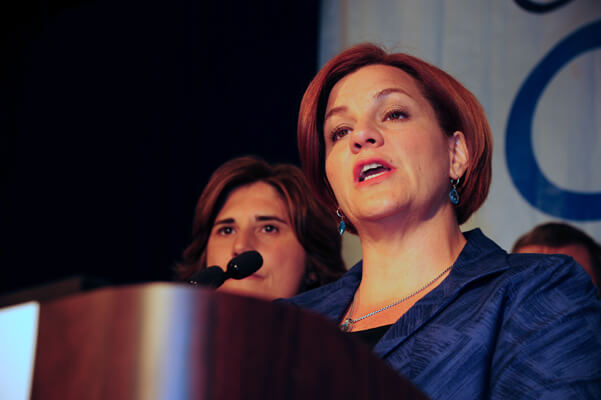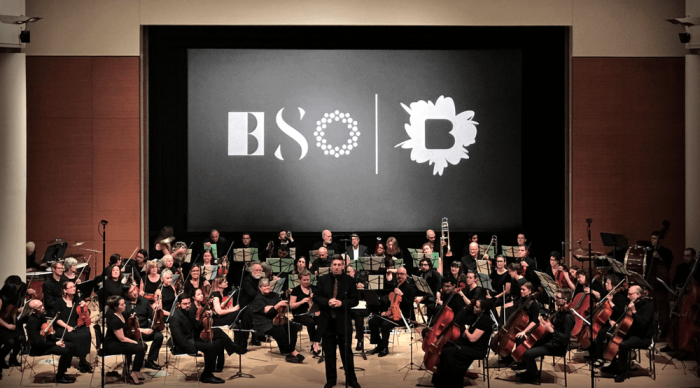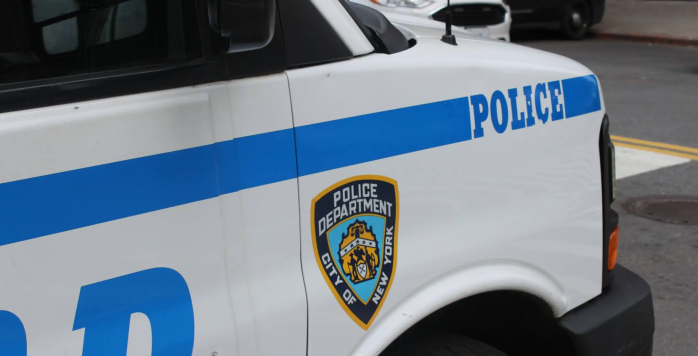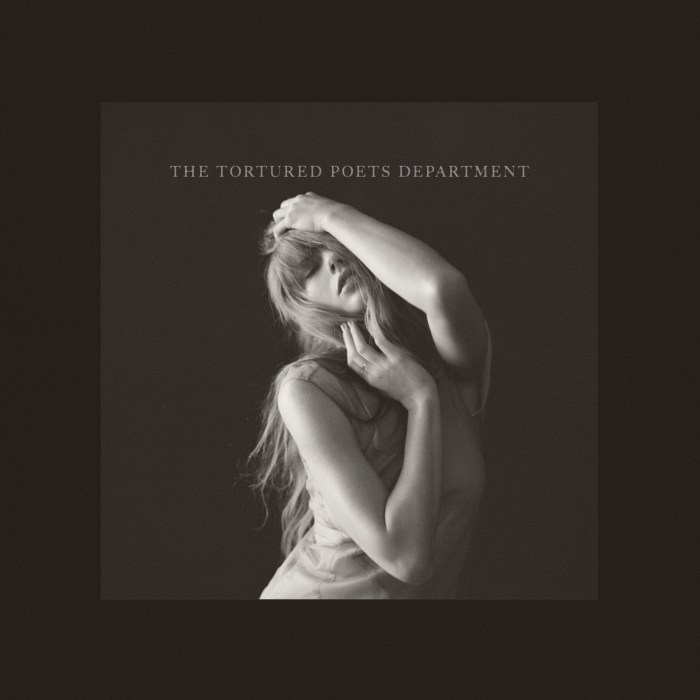The attitudes and actions of an institution that Reclaim Pride was taking to task “appear to be rooted in transphobic, racist, and classist attitudes,” the group wrote in an open letter circulated last week.
Was this a blast at the Trump administration?
Nope. The target, instead, was New York’s LGBT Community Center.
The hyperbolic missive from the group — whose primary objective is producing a Queer Liberation March on June 30 as an alternative to what it views as an over-corporatized LGBTQ Pride March — was, sadly, no model of either well-reasoned argumentation or substantiated claims, but let’s try to follow its logic anyway.
Reclaim members and others were upset that the Center had greenlighted a room reservation for the #WalkAway movement, a push launched last year by gay conservative Brandon Straka, who supports Donald Trump and hopes to lure unhappy Democrats away from their party. #WalkAway critics, in a March 22 open letter, said the group should find no welcome at the Center and demanded that the 13th Street institution be more transparent about its room rental policies.
The Center canceled the #WalkAway event the same day that first letter appeared.
Not content with that victory, the Center’s critics, in the Reclaim Pride letter that followed, faulted it for hypocritically claiming its goal was to maintain itself as a space for all voices in the community — despite the fact that between 2011 and 2013 the Center banned all meetings focused on the Israeli-Palestinian conflict in order to deny space to Queers Against Israeli Apartheid.
The Center, in fact, came under justifiable fire for that two-year moratorium, which it finally abandoned. While Reclaim Pride is correct that the Center never really acknowledged its errors in that unfortunate episode, it’s also true that this is now six-year-old history. And, many of the activists currently aligned with Reclaim Pride were among the most vociferous in their denunciations of the Center eight years ago for picking and choosing which points of view deserve to be aired in its space.
So which is it? Was the Center wrong to try to stifle queer Palestinian and allied voices or was it wrong to open its space up to queer conservatives? I readily acknowledge that my college career long predated the current campus culture that places a high premium on creating “safe spaces.” I am more of a traditional free speech advocate. You either believe the Center should be a space where a full range of opinions can be aired or you don’t.
And, for God’s sake, when the Center ends up caving to your demands to shut down #WalkAway, why not take your victory rather than cranking back up your ire three or four weeks later?
As for the rest of the Reclaim letter, the less said the better. How are we, in 2019, possibly to litigate the question of the late Sylvia Rivera being banned from the Center in the mid-1990s? Following that reference came an almost impossible to decipher claim about a support group for transgender women that involved “mandatory” drug testing and psychological evaluations. When Gay City News tracked down the source of this charge, we learned that the Reclaim Pride member voicing the complaint had only second-hand knowledge of a group she never attended and might well have been a substance abuse remediation program.
I could chalk this whole unfortunate letter up to a misfire by a well-meaning group of activists. But the larger concern it raises in my mind has to do with the kind of community that the June 30 Queer Liberation March aims to inspire. Let’s hope it’s not one marked by the sort of endless score-settling — even in the wake of progress, even victories — and baseless accusations suggested by last week’s open letter. None of that is going to be helpful in November 2020.



























